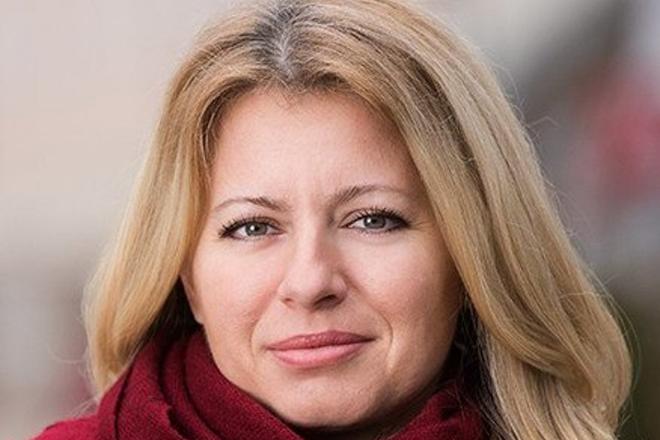The Slovak public has started to trust the country’s courts and judicial system a bit more: the trust in Slovka justice increased 11 percent, while the number of those mistrustful declined 14 percent.
This stems from the results of a September representative poll on a sample of 1,014 respondents which was ordered by the Slovak Judicial Council and the non-governmental organisation Via Luris with the TNS Slovakia agency. The results were presented on October 19 in Bratislava by the chairperson of the Judicial Council Jana Bajánková, the TASR newswire wrote.
“I think that as for the trustworthiness of the judiciary, we can say we are rising from the bottom and a new trend has been set,” she said, rejoicing about the results but also stressing that they are still careful of optimism and they are not totally happy about the results, as the mistrust of citizens is still very high.
More than 60 percent of respondents still do not trust courts, while almost one third – around 33 percent of Slovaks – trust them.
The most criticised areas are corruption and lengthy court proceedings, and suggestions include more information and better communication of judicial bodies.
The results are considered relevant despite the fact that 85.4 percent of those polled form their opinions of Slovak courts based on second-hand information, not personal experience. They consider media (39.3 percent) and recounts of acquaintances (39.2 percent) crucial source of information, as only a “mere” 14.6 percent have had personal experience with the courts.
Via Luris also considers the results good news. After a very long time there is a change in the perception of the judiciary, said Zuzana Čaputová, a lawyer cooperating with Via Luris. She warned that when people do not trust in the judiciary system, they tend to buy justice. Up to 85.6 percent of 1,014 respondents said that corruption contributes the most to mistrust in courts, the Denník N daily wrote.
The daily also connects the improved trust in courts with the fall of former justice minister and chairman of Supreme Court and Judicial Council, Štefan Harabin. It turns out that changes in judiciary bring specific results [in terms of trust], Čaputová summed up for TASR.



 Zuzana Čaputová (source: archive of www.goldmanprize.org)
Zuzana Čaputová (source: archive of www.goldmanprize.org)